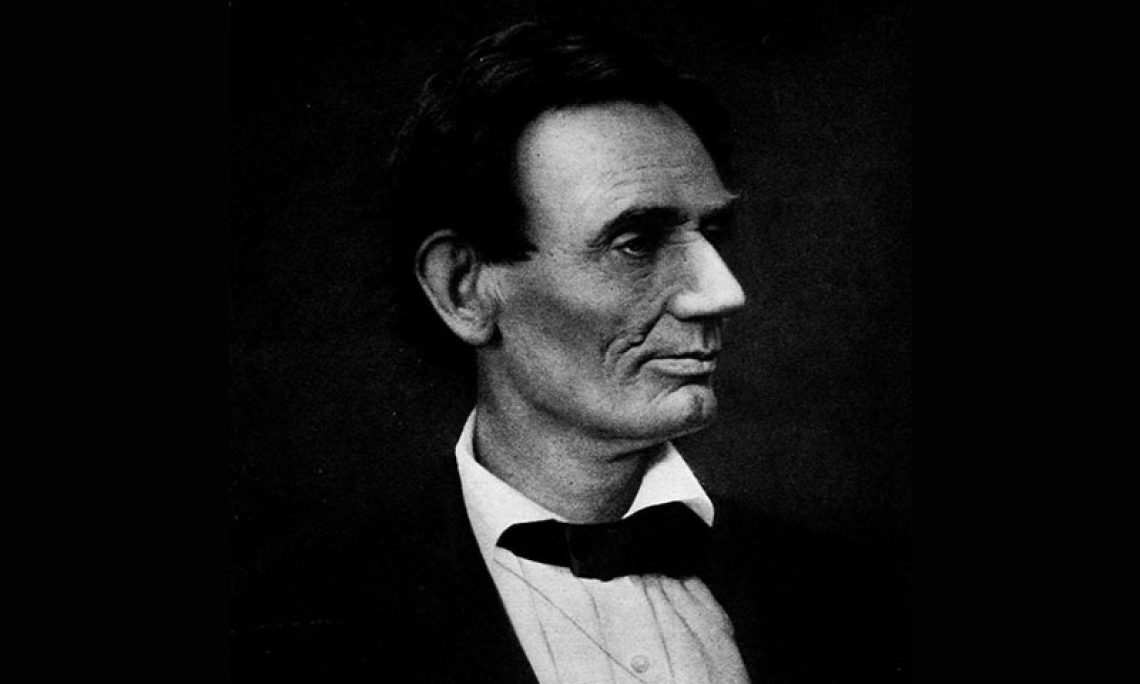
With Malice Toward None
As a student of history and a political independent, I have long maintained my neutrality over the divided causes of the Civil War, arguing with ease that while slavery was a dominant and undeniable issue, the South was more stubbornly rooted in the matter of states’ rights. That the original unity of Thirteen Colonies had established and agreed upon a Federal Government that would protect that union, but never infringe upon the right of each state to manage its own affairs, regardless of any presidential or congressional or collective disdain. I have even made the case that President Lincoln, himself a master of constitutional law, was torn between his legal oath of office and his moral push toward the emancipation of slaves.
Then tonight, noting Lincoln’s birthday on February 12, I found this quote tucked away in his brief, second inaugural address from March 4, 1865. 36 Days before Lee surrendered. And 42 Days before he lost his life.
“One-eighth of the whole population were colored slaves, not distributed generally over the Union, but localized in the southern part of it. These slaves constituted a peculiar and powerful interest. All knew that this interest was somehow the cause of the war. To strengthen, perpetuate, and extend this interest was the object for which the insurgents would rend the Union even by war, while the Government claimed no right to do more than to restrict the territorial enlargement of it. Neither party expected for the war the magnitude or the duration which it has already attained. Neither anticipated that the cause of the conflict might cease with or even before the conflict itself should cease. Each looked for an easier triumph, and a result less fundamental and astounding. Both read the same Bible and pray to the same God, and each invokes His aid against the other.”
Let there be no question, no argument, no contention that while the Civil War did bring into question the authority of the Federal Government, the cause of that war was undeniably and stubbornly the same: to either end or defend the institution of slavery.
Lincoln concluded his address:
“With malice toward none, with charity for all, with firmness in the right as God gives us to see the right, let us strive on to finish the work we are in, to bind up the nation’s wounds, to care for him who shall have borne the battle and for his widow and his orphan, to do all which may achieve and cherish a just and lasting peace among ourselves and with all nations.”

This is How Media Works
